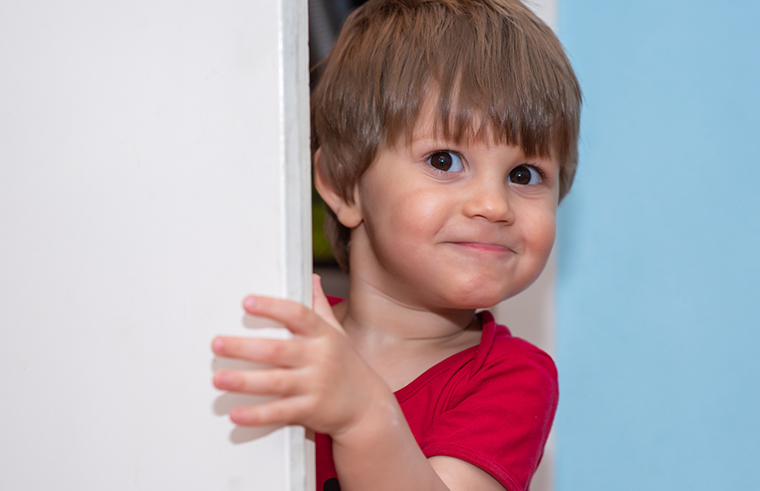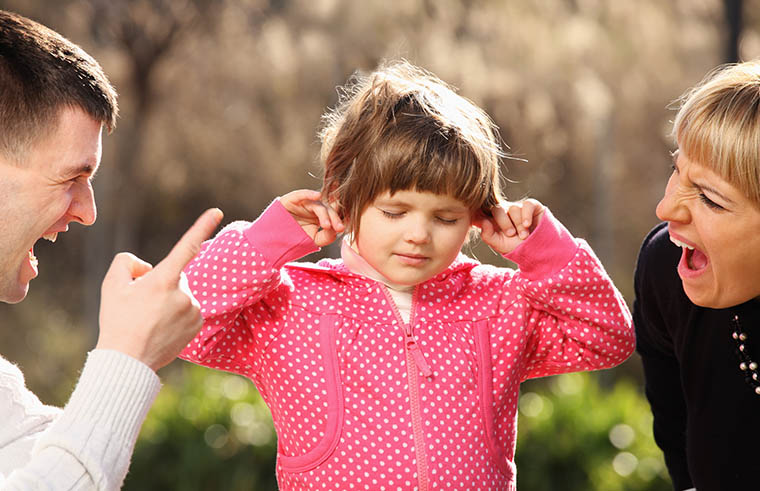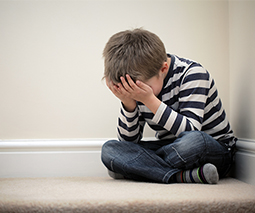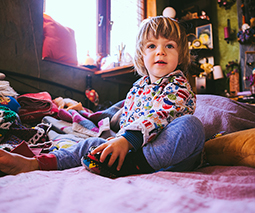Why the time-out discipline method might not be working with your toddler

We inherited the practice of time-out from daycare when our eldest son was about three years old.
A favourite teacher told me that it was working OK for them and because I’m big on consistency between school and home, I decided to give it a go.
Harry is now five and instead of the corner of a room, he’s sent to the bedroom, followed by a chat on the bed about what happened.
Now he’s that bit older, time-outs probably happen about once a day, but just six months ago (beware the four-year-old!) it could be several times.
During that time I started to wonder if the repeat instruction was losing a bit of effectiveness – the behaviour wasn’t really changing and he was spending a lot of time in his room!
Tricking your child won’t change their behaviour
According to psychologist Vanessa La Pointe, discipline methods like time-outs are not the best solution because they fundamentally work by ‘tricking’ our kids into falling in line, without fully addressing the root of the behaviour.
Vanessa told Canada’s National Post: “Imagine you have your child who misbehaves 27 times a day,” she says. “27 times a day, their brains get all fired up and disregulated, and you respond to them with disconnection – which then disregulates the brain more. Yes, they may behave, but they’re only doing it to win you back. You have not settled their brain back down.
“When children are punished – using time-outs, consequences, or even reward charts – at the core of all of those things is a separation from us. In other words, we’re telling them, ‘I know you, I know everything you love – and now I’m going to take one of those things away from you just to teach you a lesson’.”

One size doesn’t fit all
Vanessa says the most effective way to parent a misbehaving child is to consider what they need at that moment and why they’re acting out as a result.
This means parenting from a place of kindness and compassion; instead of just doling out punishment and sending your child away every time they act out.
Before your next time-out, try this:
- Take your misbehaving child aside and calm them down.
- Recognise they lack your adult self-control and that they are not always capable of expressing their emotions appropriately in the moment.
- Make an extra effort to understand why a child might be upset before addressing the behaviour itself, and then allowing that extra time to teach them how to behave appropriately in the future.
Start with a deep breath (yours)
Obviously, this type of response demands a lot of patience on your behalf as the parent, which can be challenging to put in practice all the time.
Vanessa recommends being mindful of your tendency to punish your child when you’re feeling stressed yourself. In those moments, she advises parents step away from the situation for a few minutes and take a deep breath (or several) before talking with your child.
Easier said than done when you’re in a rush to get out the door, but well worth the effort if you can all spend the rest of the day feeling like you’re working towards making a positive change.
“We need to acknowledge our kids’ hunger for strong connections with their parents,” says Vanessa. “And be more closely attuned to their emotional needs, particularly in times when such behaviours typically arise.”
 Need some more toddler behaviour advice? Our Parent School toddler experts can help. Click to find out more or book a one-on-one session.
Need some more toddler behaviour advice? Our Parent School toddler experts can help. Click to find out more or book a one-on-one session.









